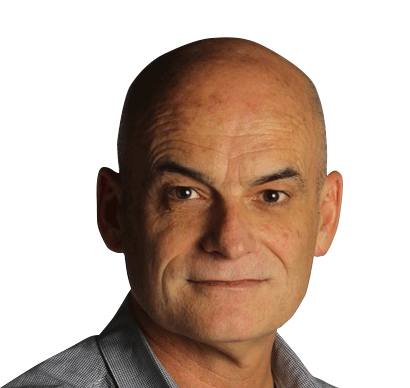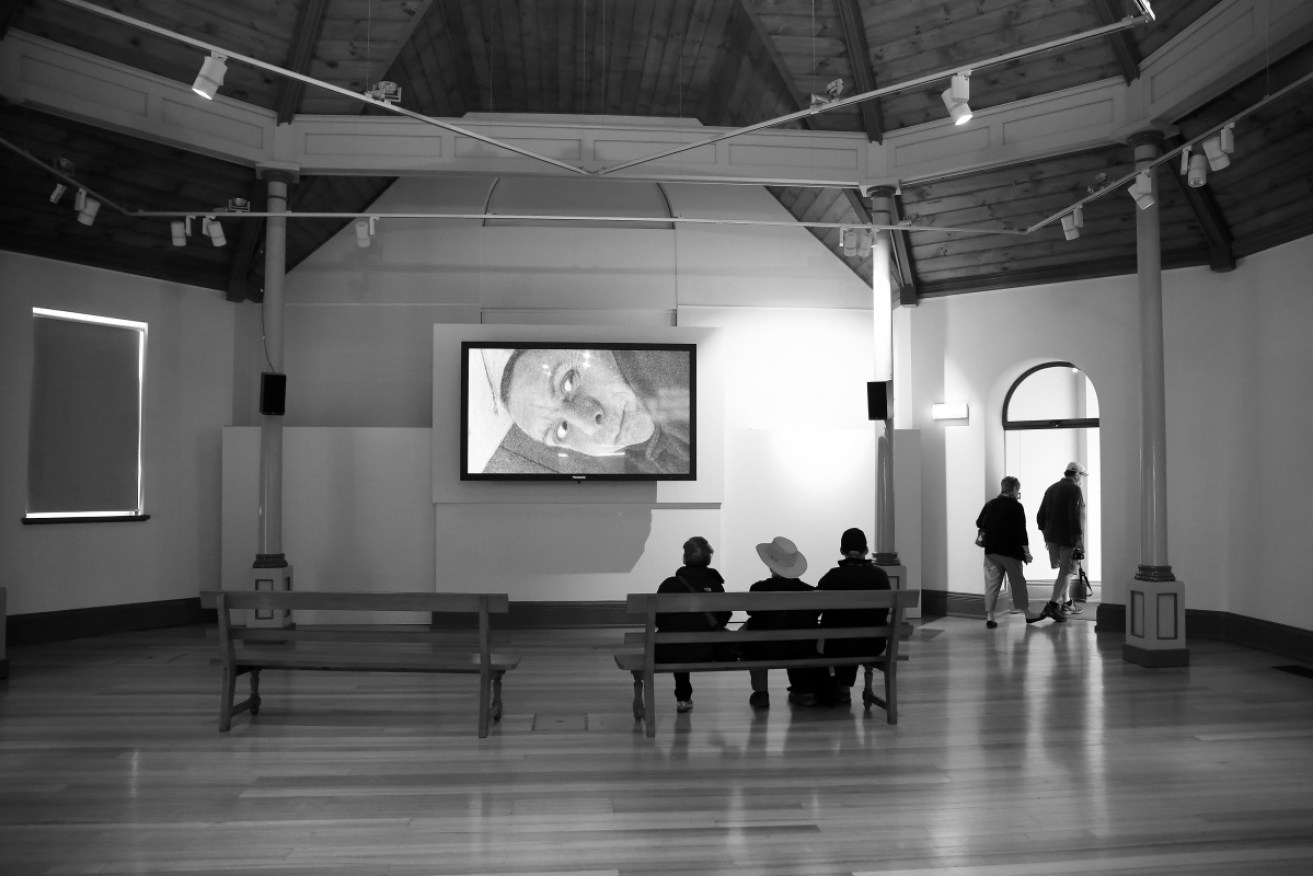Garry Linnell visited Martin Bryant in prison. He wants us all to revisit Port Arthur


The tragedy transformed gun legislation, with then PM John Howard introducing the National Firearms Agreement. Photo: Getty
There is a good reason why we lock skeletons in closets and happily throw away the key.
Those cupboards of bones are where we stash our deepest secrets and darkest taboos – all those humiliations, embarrassments, regrets and sadnesses that are just too painful to share.
Nations do the same thing, too. For almost two centuries this country, in what became known as the Great Australian Silence, preferred not to talk about its treatment of Indigenous people following European settlement.
Last week another skeleton we had hoped to hide from view came tumbling out of our national closet with the news that filming had begun on a movie about the life of Port Arthur killer Martin Bryant.
It is almost a quarter of a century since we locked him behind the imposing walls of Risdon Prison and began wishing out of existence the man who killed 35 people, wounded another 23, scarred the lives of untold others and caused a radical change in Australian gun control laws.
His crimes on that Sunday afternoon in April 1996 at the grim former Tasmanian penal colony were beyond comprehension, his motives so unknowable, that we quickly – and consensually – did our best to erase him from our past.
It became the New Australian Silence.
While the dead and wounded and those witnesses to his rampage were certainly never forgotten, an unwritten code soon emerged in Tasmania that his name should never be uttered in public.
For most of the past 24 years, politicians and the media in that state have generally abided by this rule and never hidden their contempt for outsiders attempting to prise off the scab of that awful wound.
So it was no surprise last week when anger and dismay greeted reports that director Justin Kurzel, whose credits include Snowtown and True History of the Kelly Gang, had begun filming Nitram (Martin spelled backwards) near the Victorian city of Geelong.

The historic town became infamous on April 28, 1996 when Martin Bryant began shooting indiscriminately with a high-powered rifle. Photo: AAP
Despite assurances that Nitram will concentrate on his troubled early years and will not feature any depictions of the slaughter that took place at Port Arthur, the production has been subjected to a wave of harsh criticism.
Several survivors have, entirely understandably, expressed disappointed and, in some cases, anger that the film is going ahead.
But it was the reaction of a prominent Australian director Richard Keddie that perhaps best summed up the national desire to expunge Bryant from our collective memory.
Keddie, who has produced biopics and television dramas about Bob Hawke and the jockey Michelle Payne, labelled Nitram as cruel – a “celebration of a monster, a real, living, breathing monster” – and questioned if it should be publicly funded.
Writing in The Age, Keddie reflected extensively on his empathy, compassion and diligence as a filmmaker before issuing this warning: “I fear for all those who watch it, who will be even more convinced of how terrible human beings are and more frightened of those around them. I fear for the troubled who may find inspiration, not education, from this terrible story.”
In other words, let us not learn from history in case someone repeats it. Let us look away when something bad happens. Let us add another skeleton to the closet.
I went to Hobart in 1999 to write a lengthy magazine article about whether, since the killer was sentenced to serve 35 life terms without parole, we had learned anything more about his psychological state and the motives behind his crimes.
It turned out the answer was not much.
Despite various warning signs that he was seriously unstable, violently unpredictable and had a ghoulish fascination with guns and death, no one seemed interested that anything more could be learned by studying the man.
I was given a rare tour inside Risdon. Before it began a prison official pulled me aside and asked me why I was even bothering.
“People here don’t like talking about him or even thinking about him,” he said.

Bryant was sentenced to life imprisonment with no eligibility for parole on 72 charges, including 35 charges of murder. Photo: Getty
Back in those days Bryant was kept in a wing for the criminally insane.
We walked past one cell where a toothless man grabbed the bars and snarled and spat at me. His right arm was heavily bandaged and hung limply like a bird’s broken wing. He was always trying to burn its flesh to the bone.
I saw Bryant through the window of a dining room in the maximum-security wing. He was already heavily medicated and his eyes stared across the room, as lifeless as his soulless, white-walled cell I had inspected a few minutes earlier.
I can understand the desire of many to leave him there, a pathetic and anonymous figure trapped in his own crazed and drugged mind.
I can appreciate that not mentioning his name became a way to rob him of the one thing he clung to after losing his freedom – the macabre delight he took in the worldwide fame his crimes generated.
But as Prime Minister Scott Morrison said last week, we still live in a nation where filmmakers like Kurzel can bang on the locked doors of our closets.
“I must say I am unnerved about the revisiting of the Martin Bryant case,” he said.
“It’s a long time ago. But such is the horror of that day, it has scarred us as a nation. It’s a free country, thankfully. We all celebrate that. So, people will make films … even if it unnerves a Prime Minister, or many others.”
As long as the killer continues to unnerve us, we should be free to talk about him or make movies about him.
Because the day he no longer makes us feel uneasy will be the day we have become more like him.
Walkley Award winner Garry Linnell is one of Australia’s most experienced and respected journalists and editors








